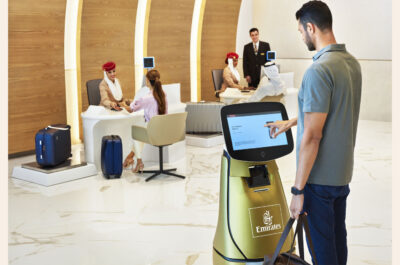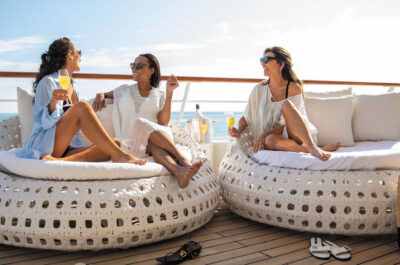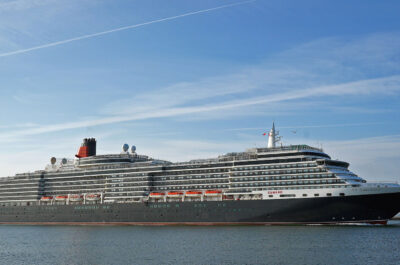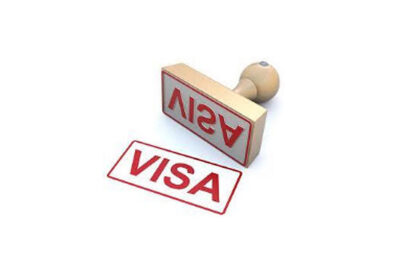The three-year LYNCEUS project, which ends in early 2015, is demonstrating how low-power wireless technologies can help localise and track people onboard ships, providing essential information in cases of evacuation, and improve overboard search and rescue.
When choosing their summer holidays, many European opt for a cruise, or use a ferry to get where they are going. A very important aspect of passenger shipping is safety. Thanks to EU-funded research, evacuating large passenger ships could be even smoother and safer in future. EU-funded researchers are also helping to design more stable cruise ships and ferries.
The three-year LYNCEUS project, which ends in early 2015, is demonstrating how low-power wireless technologies can help localise and track people onboard ships, providing essential information in cases of evacuation, and improve overboard search and rescue. The aim is to revolutionise current emergency management and ship evacuation practice.
“We have developed innovative wireless tags, which can be embedded into life jackets, so the location of people within the ship can be easily pinpointed,” said Dr. Anastasis Kounoudes, technical leader and CEO of SignalGeneriX, one of the project partners. “This will provide safety officers with the exact location of every passenger and crew member during an evacuation.” The technology can also be used to monitor the health of patients requesting to wear special bracelets, or help parents keep track of the location of their children on large cruise ships, which can carry thousands of passengers and crew. The researchers in the project have also developed a radar device able to detect the exact location of passengers who have fallen overboard.
The GOALDS project, which ended in 2012, created new designs for large cruise vessels to increase their safety in the case of a collision or grounding. By redesigning the ships they would have up to 20% more chance of surviving groundings or collisions. These results have been submitted to the International Maritime Organization to improve safety standards and calculations for cruise vessels. The GOALDS project is part of a framework of EU-funded research to improve maritime safety.
European Research, Innovation and Science Commissioner Maire Geoghegan-Quinn said: “These projects are good examples of how we are tackling issues that can make people’s lives better – in this particular case even potentially saving lives. We will continue to invest in this type of research and innovation in our new Horizon 2020 programme.”
Background
The Lynceus project, supported with 2.5 million euros in EU funding, involves 15 participants from Cyprus, Germany, Greece, Italy, Spain, Switzerland and the UK. It is coordinated by Cypriot consultancy RTD Talos Ltd. This research also supports the provisions of the recently amended Marine Equipment Directive, which foresees the possible introduction of electronic tagging on EU flagged ships.
The GOALDS project received some 3 million euros in EU funding. It involved 19 participants from nine countries and was coordinated by the National Technical University of Athens.
Both projects received funding under the European Union’s Seventh Framework Programme for Research and Technological Development (2007-2013).
On Jan. 1 the EU launched a new, seven year research and innovation programme called Horizon 2020. Over the next seven years almost 80 billion euros will be invested in research and innovation projects to support Europe’s economic competitiveness and extend the frontiers of human knowledge. The EU research budget is focused mainly in improving everyday life in areas like health, the environment, transport, food and energy. Research partnerships with the pharmaceutical, aerospace, car, rail and electronics industries also encourage private sector investment in support of future growth and high skill job creation. Horizon 2020 will have an even greater focus on turning excellent ideas into marketable products, processes and services.
Tatiana is the news coordinator for TravelDailyNews Media Network (traveldailynews.gr, traveldailynews.com and traveldailynews.asia). Her role includes monitoring the hundreds of news sources of TravelDailyNews Media Network and skimming the most important according to our strategy.
She holds a Bachelor's degree in Communication & Mass Media from Panteion University of Political & Social Studies of Athens and she has been editor and editor-in-chief in various economic magazines and newspapers.






























































































































































































